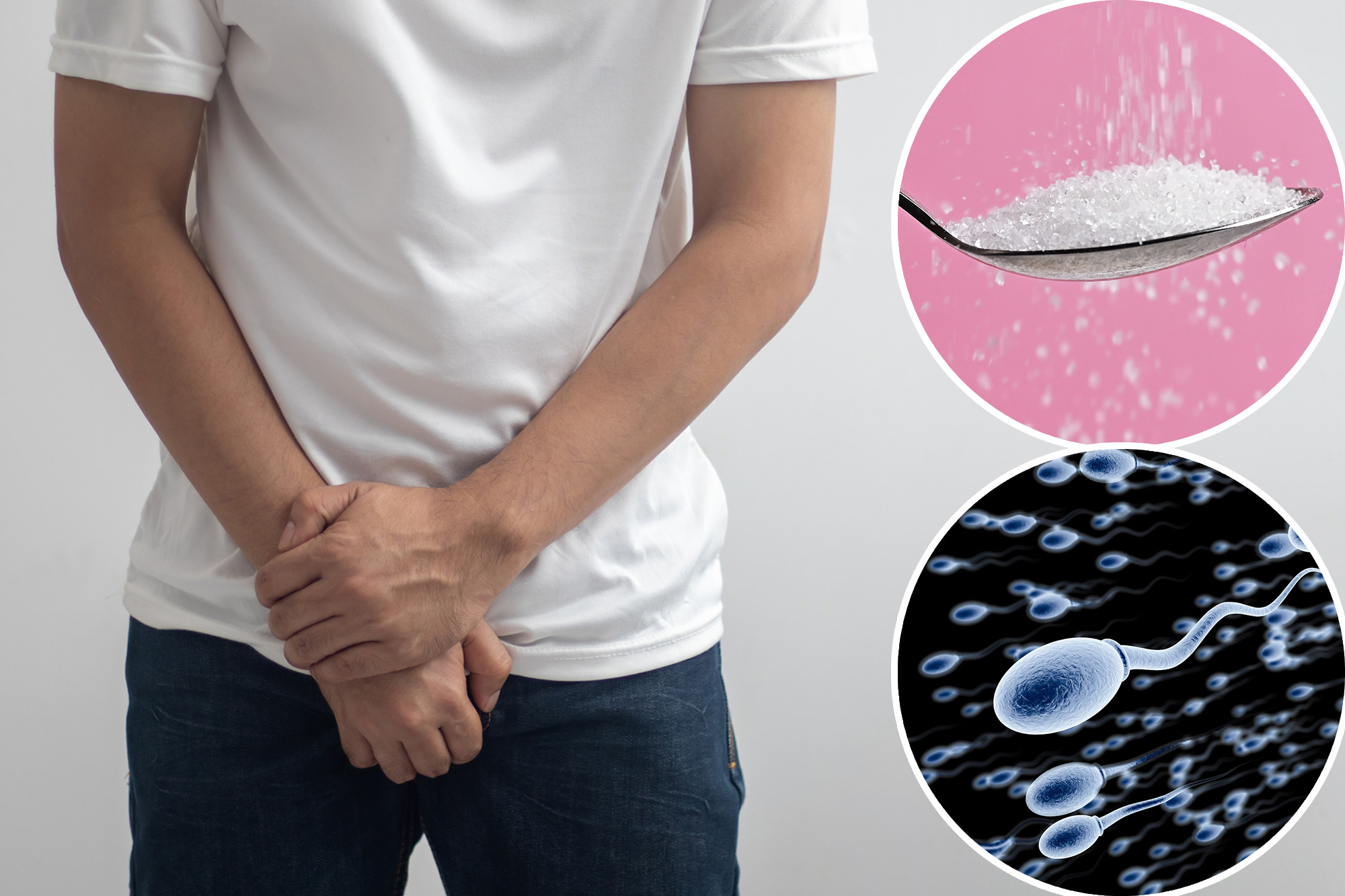There is no sugar this disinflant news.
A new research in the Magazine Perspectives of Environmental Health is considering concerns about the sacralose, a widely used artificial sweetener sold under the Splenda brand, which suggests that it can adversely affect male fertility.
The researchers administered sacralose doses to male rats over two months, finding that the exposure led to a decrease in sperm viability, testicular tissue damage and hormonal interruptions.
Translation? Splenda can only be sinking swimmers.
Previous studies have explored the links between artificial sweeteners and reproductive health, although the findings have been mixed and often conclusive.
Although the conclusions of this study emphasize, there were limitations.
The investigation was carried out in rats, so the results may not apply directly to humans.
In addition, researchers said that the amount of sacralose consumed by rats probably exceeds that of human intake.
The publication contacted the Splenda manufacturer to comment.
The findings justify extra research, especially since infertility is an increasing global health problem, with an estimated 12% to 15% of North -American couples fighting to conceive.
It may be a surprise, but some studies indicate that men are responsible for half of the cases of infertility.
Some research even reports that sperm counts in Western countries have dropped more than 50% since the 1970’s.
Dr. Dan Nayot, a reproductive endocrinologist, a specialist in infertility and medical advisor to the Bird & Be testing company, told The Post that statistics is not so high, but it is not problematic.
“The research shows a real decrease in testosterone levels over the last decades, probably closer to 20-25%, not 50%, but this is still a major problem and should not be rejected,” said Nayot.
“Testosterone plays a critical role in sperm production, so lower levels can lead to a reduction in sperm quality and damaged fertility.”
Although the reasons of the drop are not entirely clear, experts point to the finger in some of the same factors that contribute to the obesity epidemic.
“Sperm production is a continuous process, with mature sperm that develops about two to three months,” said Nayot.
“This process is highly sensitive to lifestyle factors. Research constantly demonstrates that smoking, excessive consumption of alcohol and obesity, to name a few.
To protect your family jewelry, Nayot recommends “adopting healthier habits, such as improving sleep, increasing physical activity, quitting and maintaining a balanced diet.”
It also suggests taking certain supplements (such as coenzyme Q10, zinc, vitamin E, l-carnitine, folate, selenium and DHA) to help swimmers stay on fleet.
From this study, you could not hurt your sweet launch either elsewhere.
#Popular #artificial #sweetener #sabotage #fertility #alarming #study
Image Source : nypost.com
